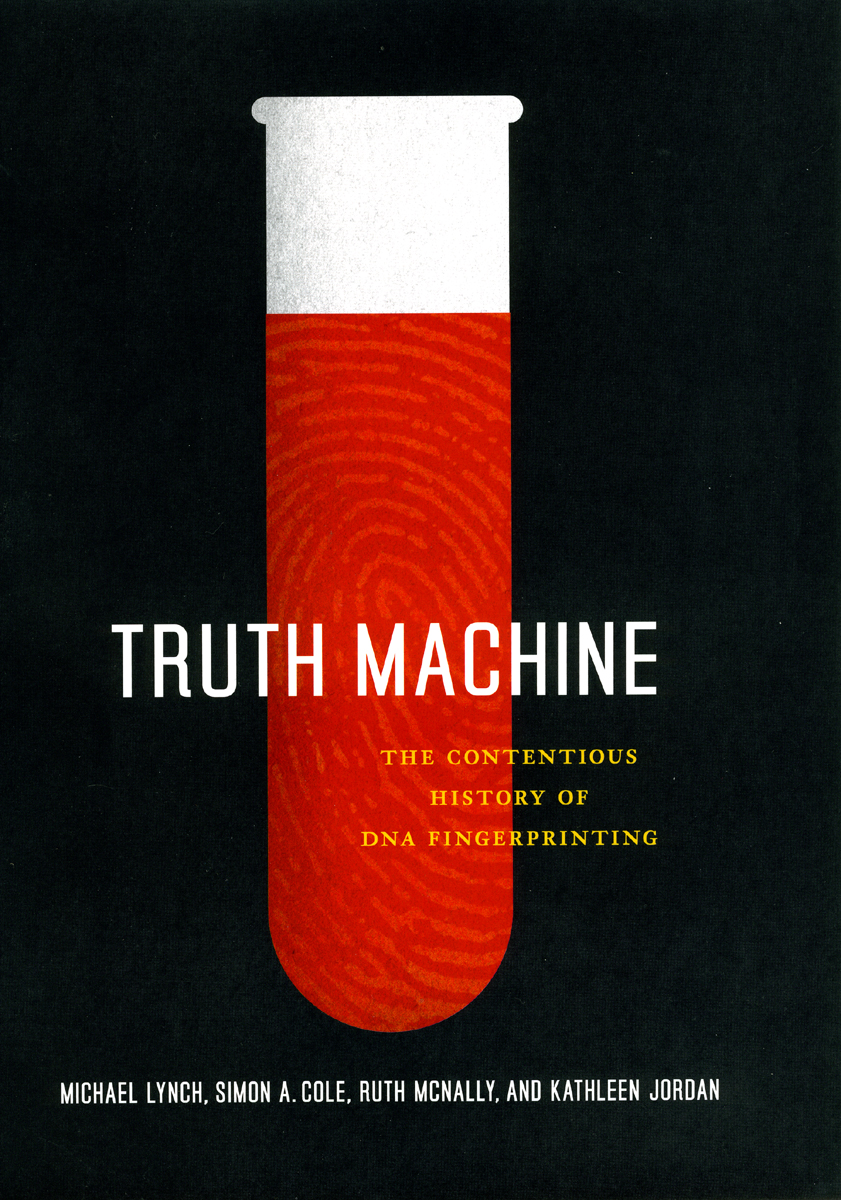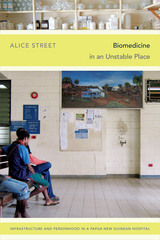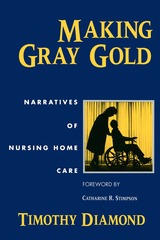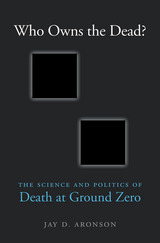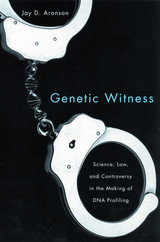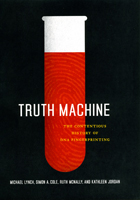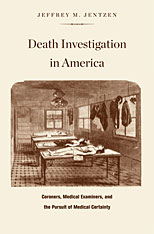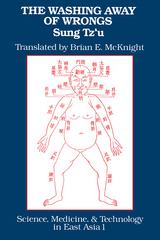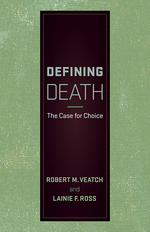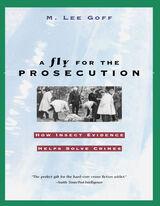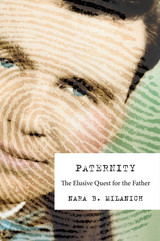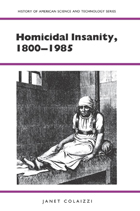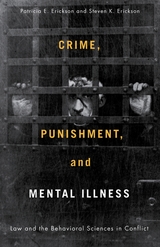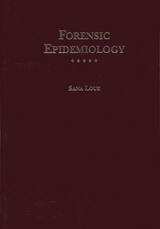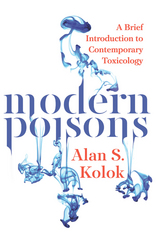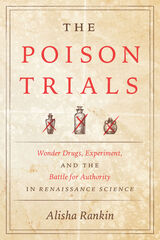Cloth: 978-0-226-49806-5 | Paper: 978-0-226-49807-2 | eISBN: 978-0-226-49808-9
Library of Congress Classification RA1057.55.L96 2008
Dewey Decimal Classification 614.1
DNA profiling—commonly known as DNA fingerprinting—is often heralded as unassailable criminal evidence, a veritable “truth machine” that can overturn convictions based on eyewitness testimony, confessions, and other forms of forensic evidence. But DNA evidence is far from infallible. Truth Machine traces the controversial history of DNA fingerprinting by looking at court cases in the United States and United Kingdom beginning in the mid-1980s, when the practice was invented, and continuing until the present. Ultimately, Truth Machine presents compelling evidence of the obstacles and opportunities at the intersection of science, technology, sociology, and law.
See other books on: Cole, Simon A. | Contentious History | DNA fingerprinting | Lynch, Michael | Microbiology
See other titles from University of Chicago Press
